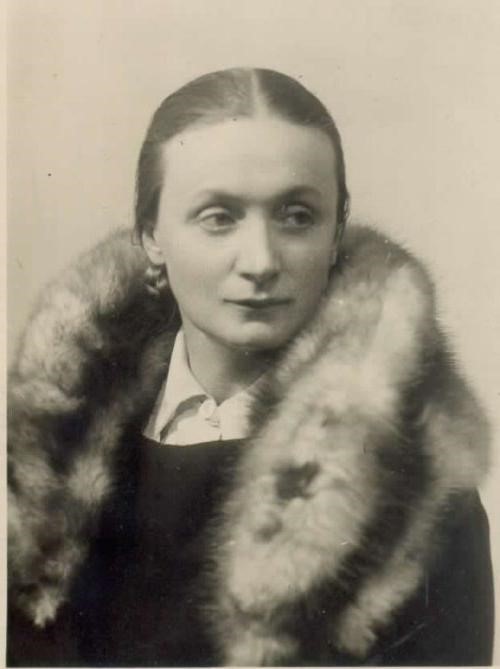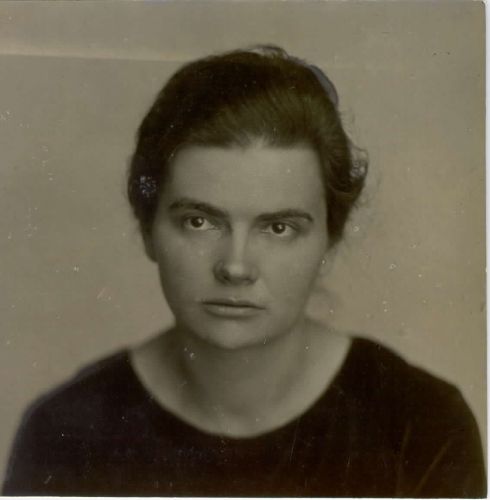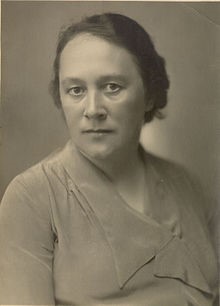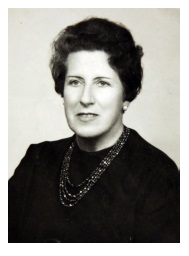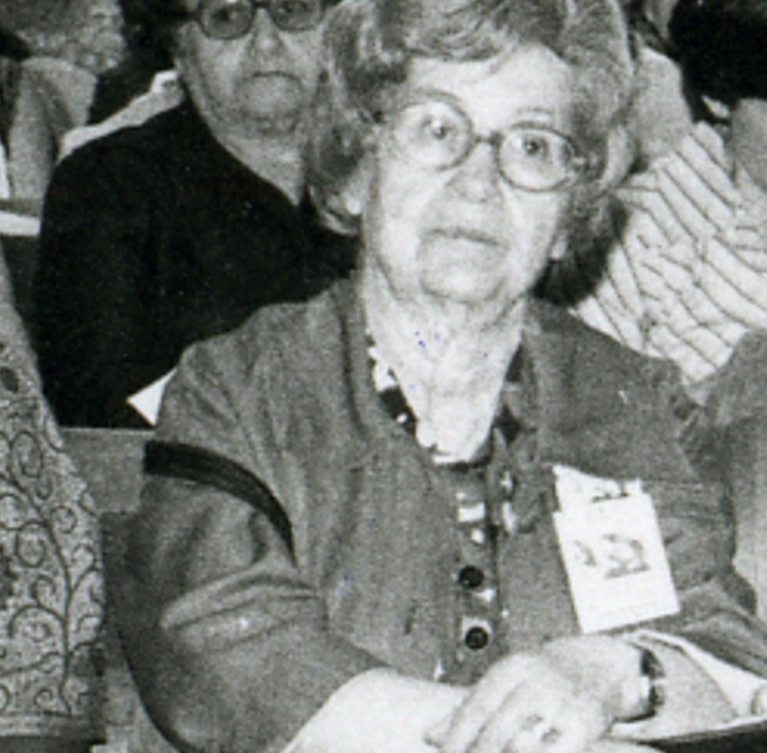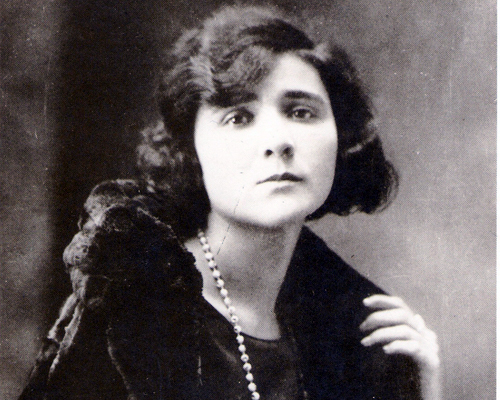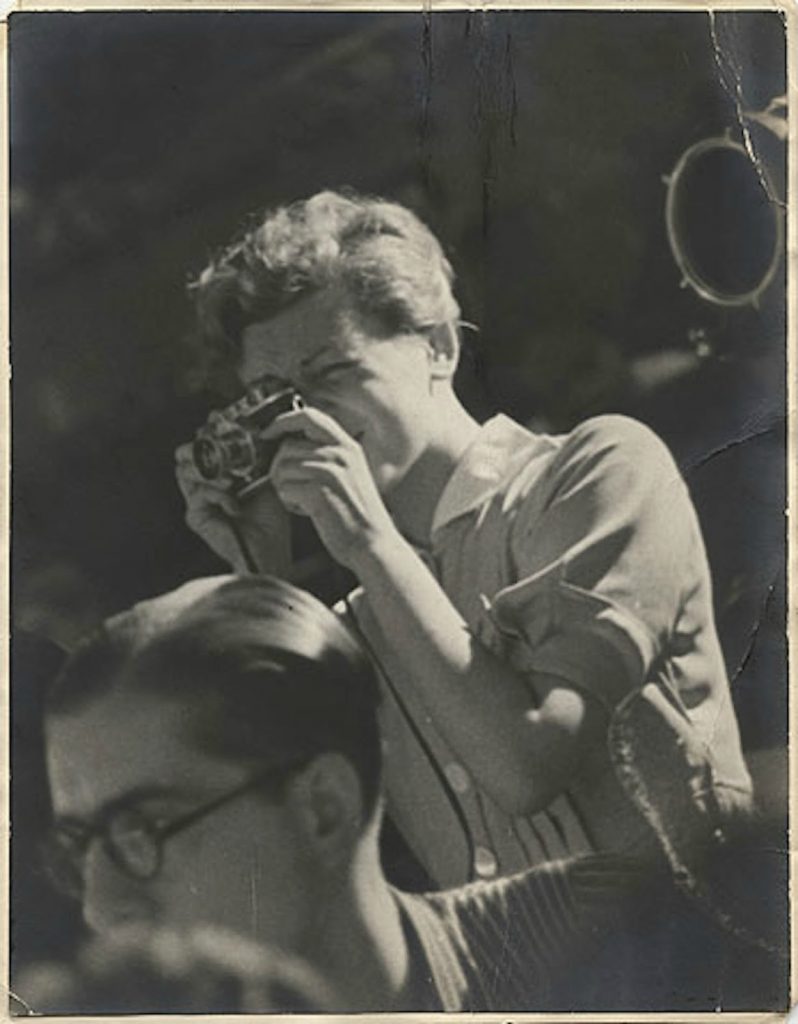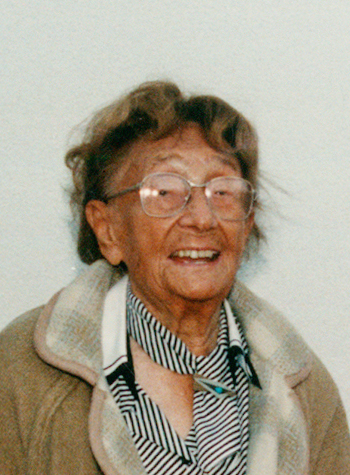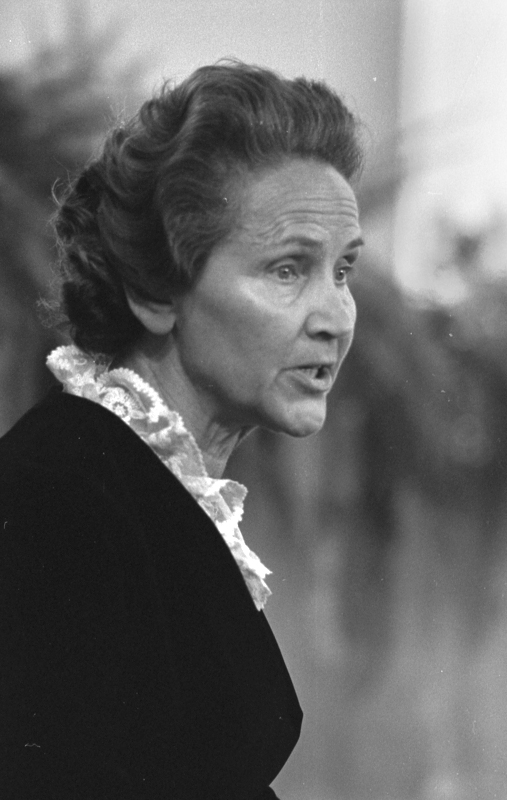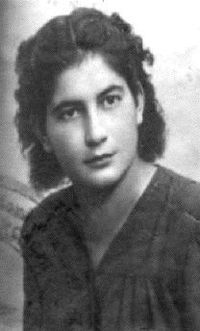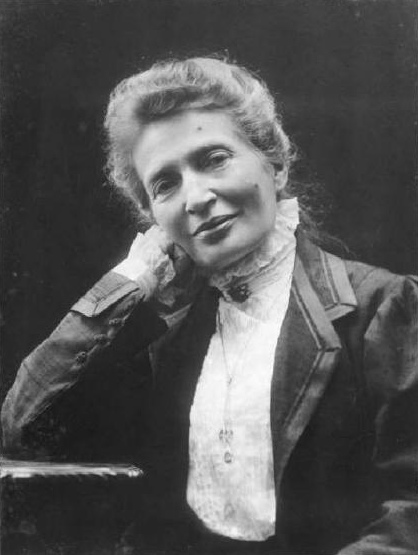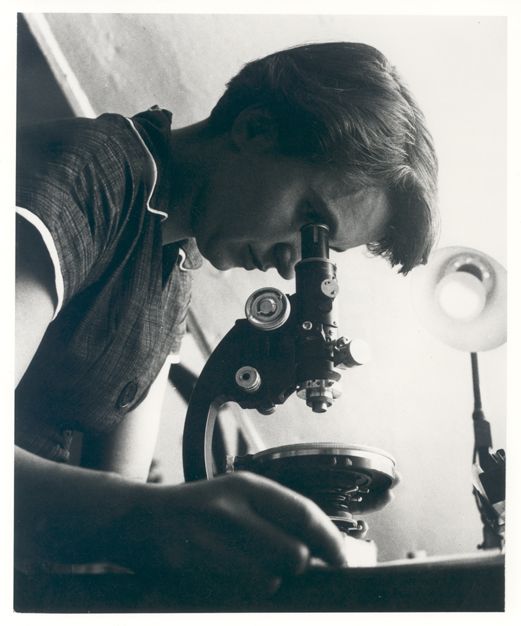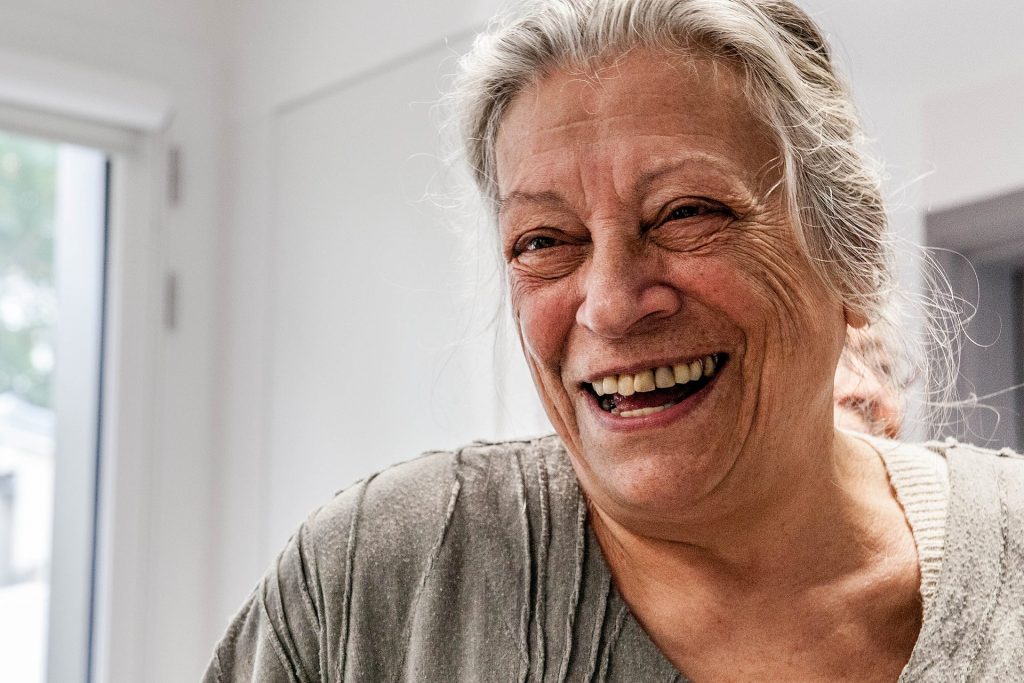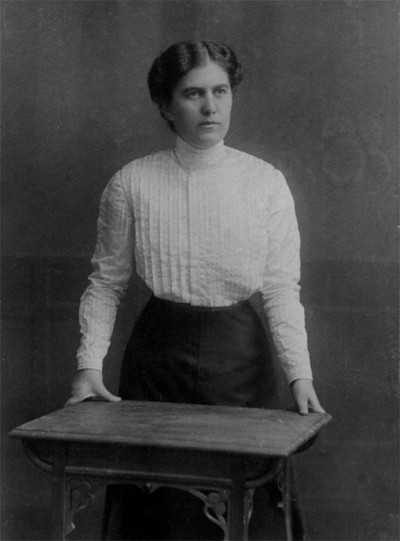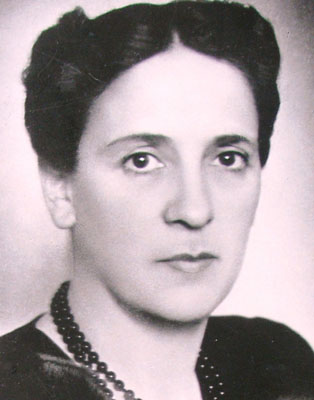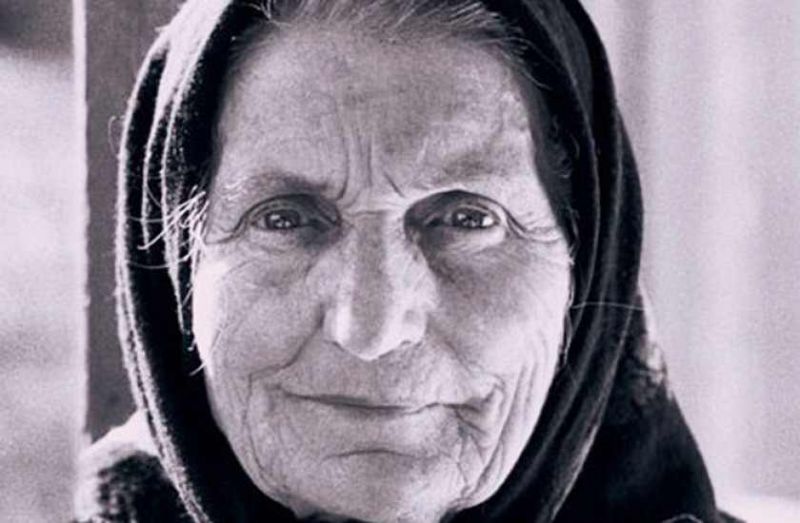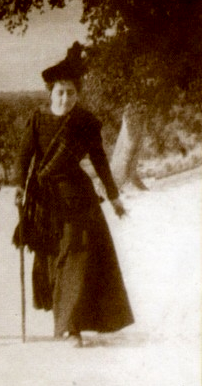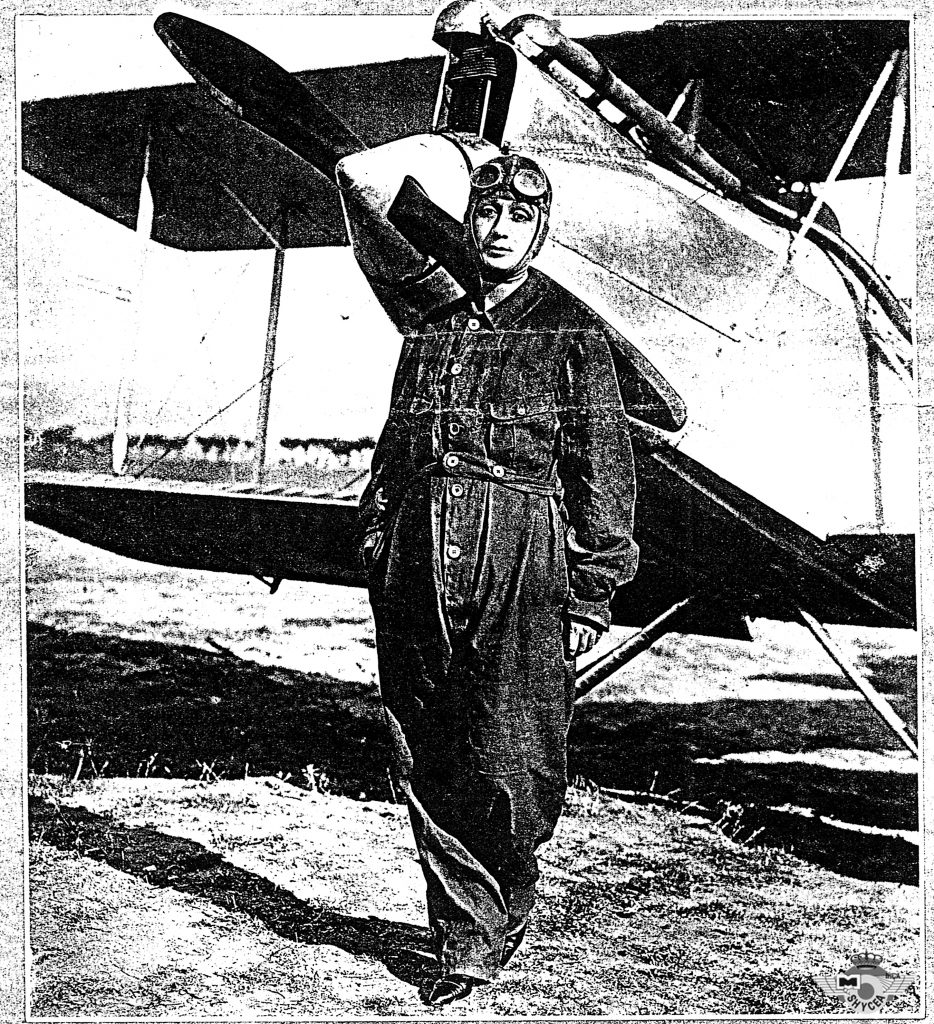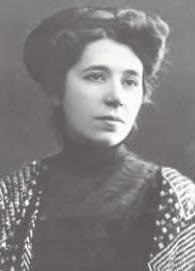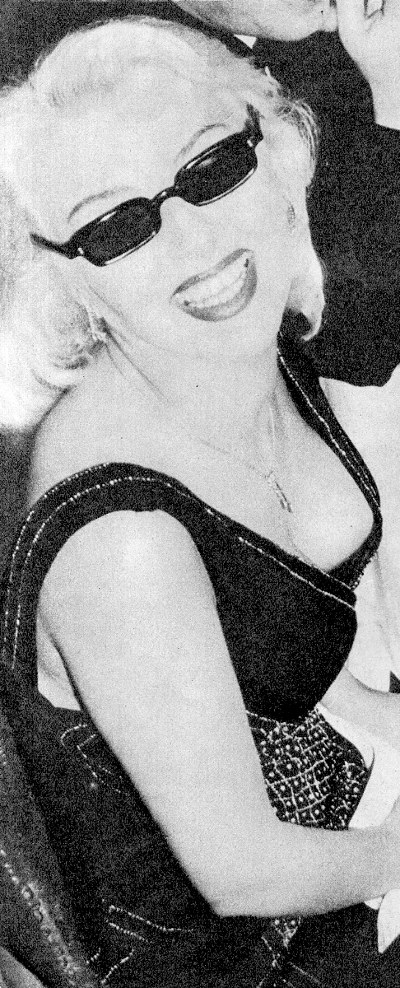
Franca was from Villastanza, Milan, born in a family with ancient theatrical traditions, mostly related to puppet and marionette theater, dating back to the 1600s: her father was an actor and her mother was first a teacher, then an actress. On June 24, 1954, she married actor Dario Fo. From their union on March 31, 1955, their son Jacopo was born in Rome. The Fo-Rame artistic partnership lasted for more than fifty years, with hundreds of shows in different genres: farce and commedia dell’arte (including “Isabella, tre caravelle e un cacciaballe”, from 1963, in which for the first time the protagonist was a “giullaressa” a typical male figure (giullare, in english jester) played by a woman and feminized in its name); political theater (including “Bandiere rosse a Mirafiori – basta con i fascisti!” by Fo, Rame and Lanfranco Binni, 1973); civil and social theater, including “Lo stupro” (the rape), which is the most dramatic demonstration of how theater was for her the way to transform experience. The monologue evokes in a dry style the violence the artist suffered in 1973 by five neo-fascists in Milan, who would be convicted many years later. The Fo-Rame pair had become a political target, but her especially as a woman. Over the years, the shows have brought the news of the moment more and more directly to the stage, addressing social, historical and political issues including the status of women, the status of working mothers, divorce, abortion, sexual violence, drug abuse, the condition of prisoners in jail, fascism and the Resistance. In 1969, Soccorso Rosso, a movement designed to raise funds and support for the many political prisoners who filled prisons during the Years of Lead, was reborn on the initiative of Dario Fo and Franca Rame’s Commune and was active until 1985. In 1980, Franca, Dario and Jacopo founded the Free University of Alcatraz, a cultural agritourism in Umbria still operating today.

